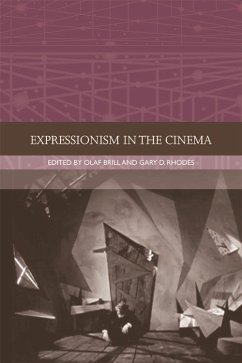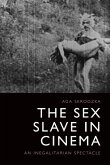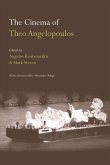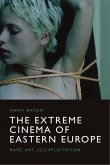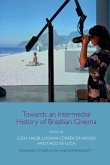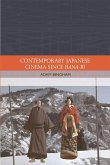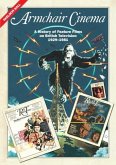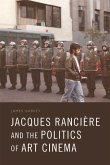'The essays in Brill and Rhodes' Expressionism in the Cinema not only extend the scholarship on Expressionist films, though that, in itself, would be ample contribution. They also capture the essence - the imagery, the irony, the worldview - that animates these films, and create thoughtful connections to wider social and cultural processes.' Cynthia Miller, Emerson College Boston One of the most visually striking traditions in cinema, for too long Expressionism has been a neglected critical category of research in film history and aesthetics. The fifteen essays in this anthology remedy this by revisiting key German films like The Cabinet of Dr. Caligari (1920) and Nosferatu (1922) and also provide original critical research into more obscure titles like Nerven (1919) and The Phantom Carriage (1921), films that were produced in the silent and early sound era in countries ranging from France, Sweden and Hungary to the United States and Mexico. An innovative and wide-ranging collection, Expressionism in the Cinema re-canonises the classical Expressionist aesthetic, extending the critical and historical discussion beyond pre-existing scholarship into comparative and interdisciplinary areas of film research that reach across national boundaries. Olaf Brill is a German-based freelance writer and editor for film institutes, museums and festivals, including the German Film Institute - DIF, Frankfurt, the Filmmuseum Berlin and CineGraph, Hamburg Gary D. Rhodes currently serves as MA Convenor for Film Studies at The Queen's University in Belfast Cover image: The Telltale Heart, 1928, Dir. Charles Klein Cover design: Latte [EUP logo] www.euppublishing.com
Bitte wählen Sie Ihr Anliegen aus.
Rechnungen
Retourenschein anfordern
Bestellstatus
Storno

